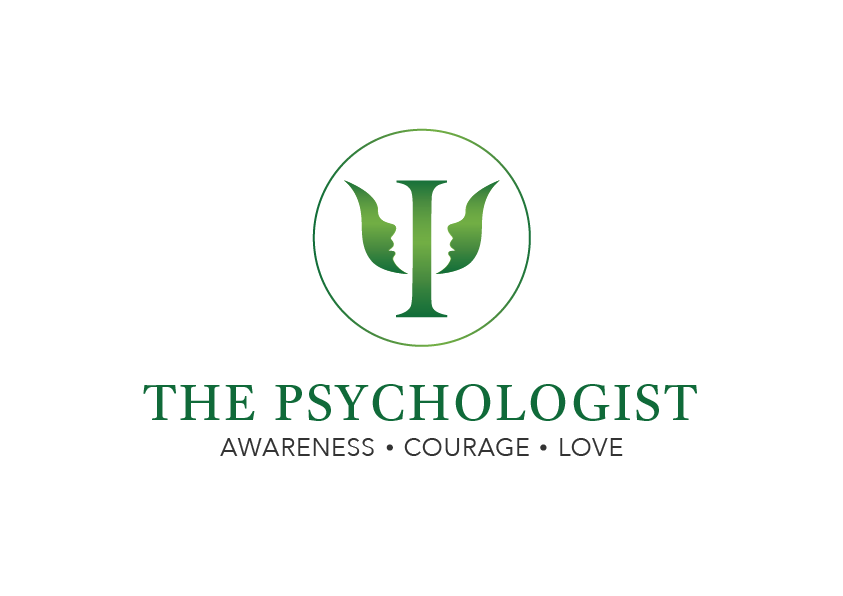“I Just Can’t Stop Eating”: Understanding Impulsivity and Eating
When Mei stood at the fridge again—barely an hour after dinner—she wasn’t hungry. She knew that. But the day had been overwhelming. Her boss's sharp words, the long commute, the lonely silence of her flat. And so, almost on autopilot, she reached for the tub of ice cream.
If this sounds familiar, you’re not alone.
Many people in Singapore struggle with impulsive eating—not out of indulgence or laziness, but from a complex interplay of biological, emotional, and environmental factors. While some “eat to live” and others “live to eat,” there are those who find themselves caught in a cycle of mindless eating, often driven by stress, sadness, or even boredom. Over time, this can lead to weight gain, guilt, medical issues, and emotional distress.
What is Impulsive Eating?
Impulsivity refers to acting without sufficient thought or consideration of consequences. Applied to eating, this means consuming food suddenly or excessively—often as a way to cope with emotions rather than satisfy hunger.
Studies have linked impulsive behaviour to obesity, with psychological distress (such as depression or anxiety), learned childhood habits, and even genetics playing a role. Some people, for example, may have inherited traits that affect their brain's ability to regulate appetite and mood. Others may have grown up in environments where food was offered as comfort, creating deep associations between eating and emotional relief.
In a high-pressure, food-abundant society like Singapore, it’s easy for this cycle to take root. Whether it’s bubble tea after a tough workday or late-night fried snacks during study season, food becomes a reliable, if temporary, source of solace.
The Emotional Weight of Impulsivity
Impulsive eating can do more than tip the scales. Over time, the weight of shame, stigma, and self-blame can be heavier than the physical weight itself. Individuals may feel out of control, helpless, or embarrassed. Some suffer in silence, avoiding social gatherings or medical appointments for fear of judgment. Relationships, careers, and confidence may all take a hit.
But here’s what we want you to know: there is hope. And it begins with Awareness.
Small Shifts, Big Change
Managing impulsive eating is not about willpower. It’s about learning new ways to relate to your thoughts, emotions, and behaviours. Here are a few steps that may help:
Practice mindfulness: Becoming aware of your triggers—stress, boredom, certain social settings—can help interrupt the automatic urge to eat. Mindfulness-based practices have been shown to reduce impulsivity and emotional eating while improving emotional regulation.
Keep a food and feeling journal: Track what you eat, how much, and what you were feeling at the time. Patterns will emerge, giving you insight into what’s driving your eating.
Plan meals ahead: Making decisions when calm can prevent reactive eating later. Pre-portion snacks, decide on meals in advance, and store tempting treats out of sight.
Strengthen emotional regulation: Learn new ways to cope with distress. This might include naming your emotions, reaching out for support, or engaging in non-food-based soothing strategies—like music, movement, or journaling.
And above all, be kind to yourself. This journey requires courage to confront habits, and love to treat yourself with compassion.
When to Seek Help
If your relationship with food feels distressing, or if it’s affecting your health or well-being, know that support is available. Therapy can help uncover underlying patterns, build healthier habits, and restore a sense of control and self-worth.
At The Psychologist, we walk with you—without judgment—towards a more mindful, balanced life.
You don’t have to face this alone. Reach out today. Let’s take the first step together.
Visit our contact page to schedule a confidential consultation.
